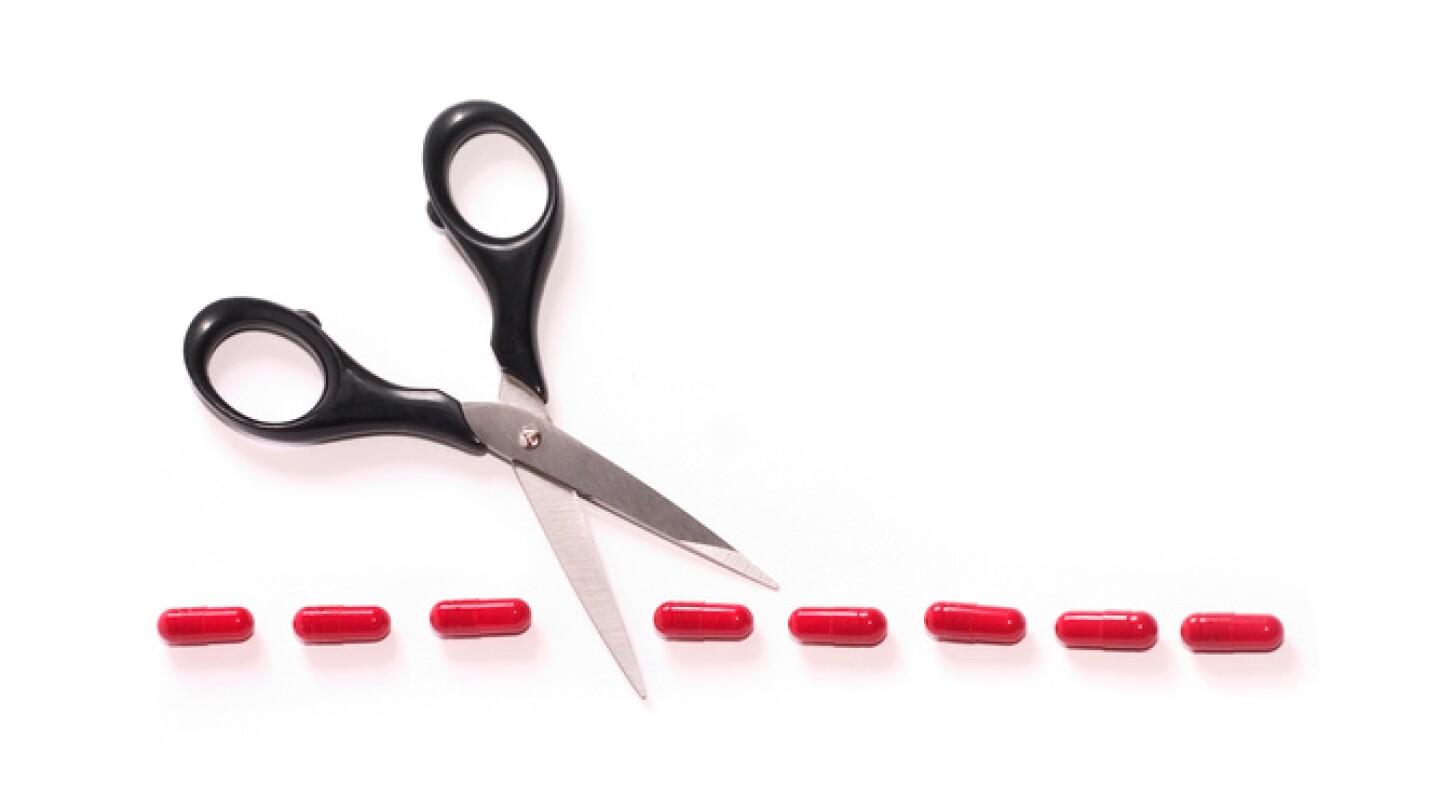Collaboration
The U.S. Congress greenlit a historic $315 million in federal ALS research funding for 2026 amid Rare Disease Month, spotlighting biotech progress like VectorY Therapeutics’ first patient dosing in its TDP-43-targeting PIONEER-ALS trial and EverythingALS’ pharma consortia driving biomarker innovations and trial alignment.
Novartis and Unnatural Products did not specify which disease targets they’re going after, only noting that the latter’s macrocyclic platform can generate potentially next-generation therapies that could apply to cardiovascular conditions.
CSL is advancing clazakizumab for the treatment of cardiovascular events in end-stage kidney disease and will retain rights over the asset in this indication. Lilly will explore other conditions.
Pfizer, Eli Lilly, Novartis, Bristol Myers Squibb and AstraZeneca are all ramping up the use of AI, but drug discovery is not the primary success story—yet.
While GSK did not provide a specific reason for returning Wave Life Sciences’ WVE-006, the decision comes after the asset in September 2025 came below analyst expectations in a Phase Ib/IIa AATD study.
Moderna will continue to lead clinical development and manufacturing of the asset, while Recordati will handle commercialization of mRNA-3927, which is under development for the rare metabolic disorder propionic acidemia.
The pact, which could see AstraZeneca ultimately put out $18.5 billion in milestones and sales-based payments, is centered on SYH2082, a long-acting dual agonist of the GLP-1 and GIP receptors.
After years of contraction, investors see biotech reentering a growth cycle driven by scientific progress, asset quality and renewed conviction in oncology, obesity and neuroscience innovation.
The Repertoire partnership is Lilly’s second immunology play of the year, after the acquistion of Ventyx in early January for a pipeline of NLRP3 assets.
In this episode of Denatured, Jennifer C. Smith-Parker speaks with RTW’s Rod Wong and Stephanie Sirota how shifting JPM deal timing masks record M&A potential; why oncology, obesity, psychedelics, and neuroscience are attracting fresh capital; and how “alpha stacking” shapes their investment edge in an age of chronic uncertainty. They cover topics discussed in RTW’s new book, “Innovation is the Best Medicine.”
PRESS RELEASES









